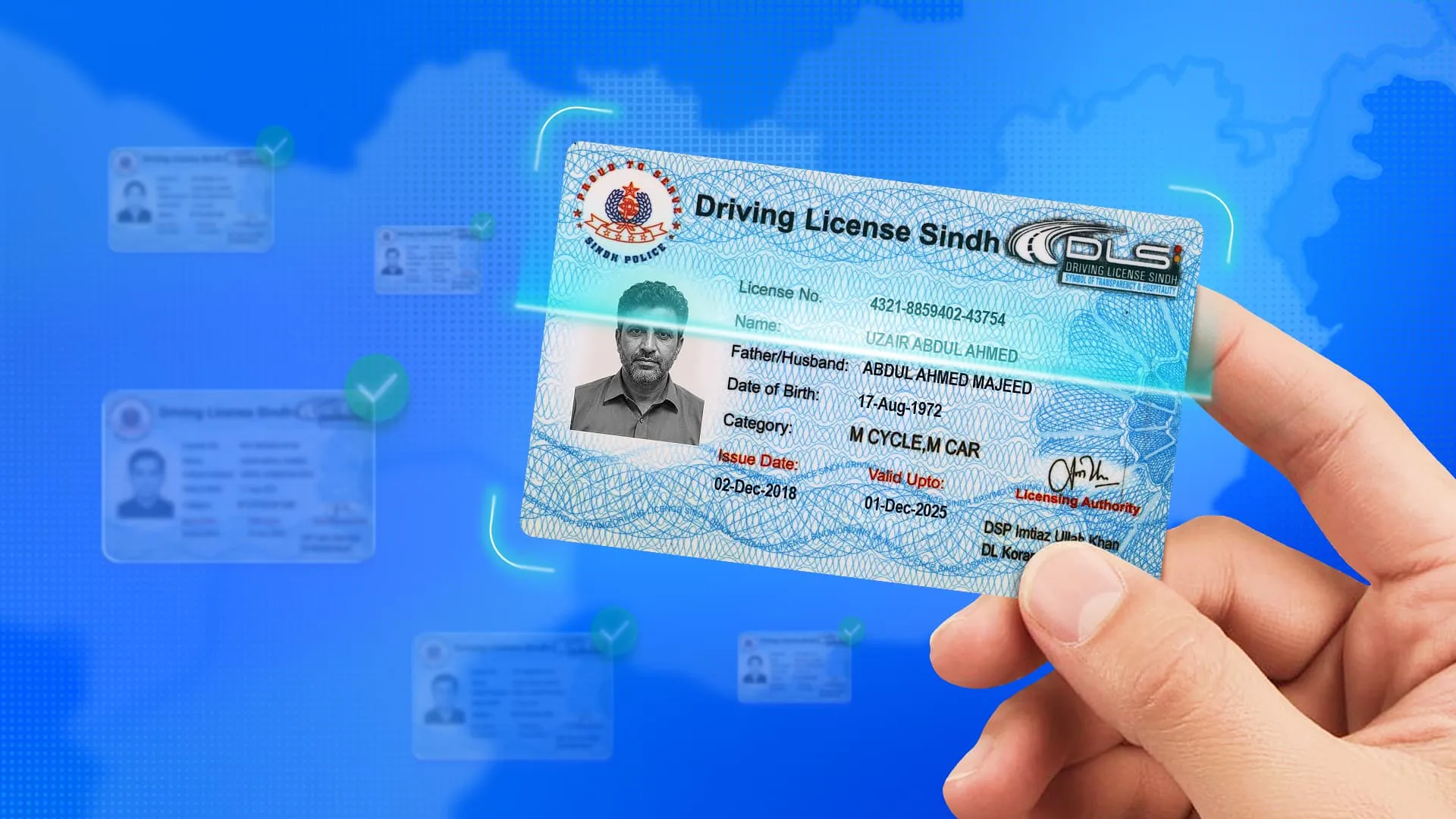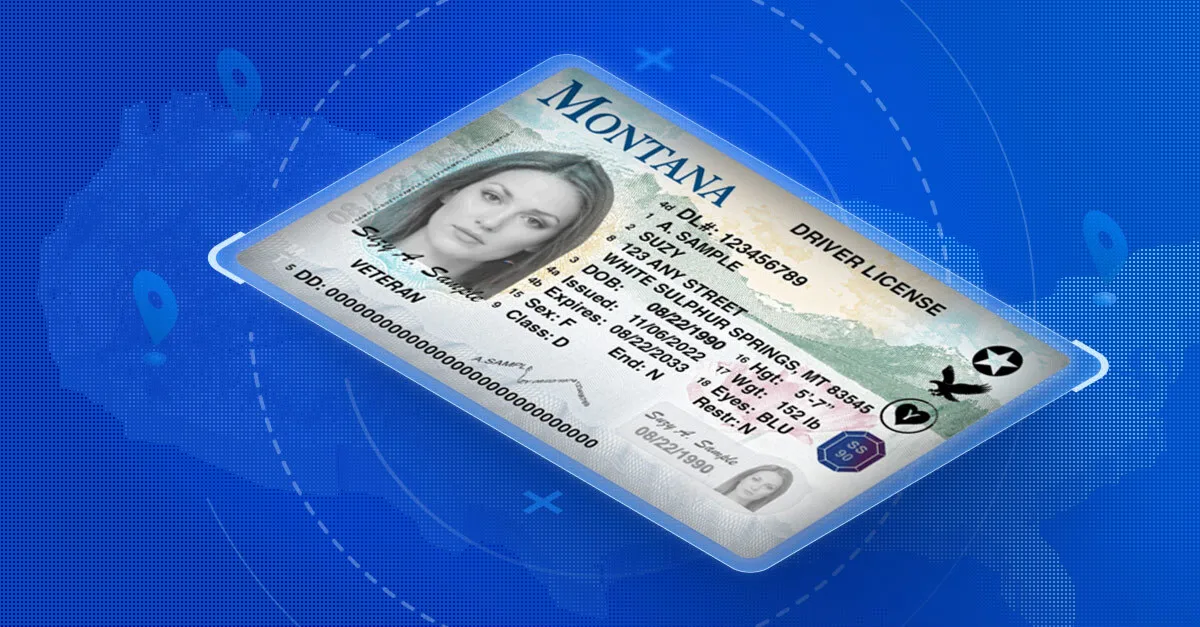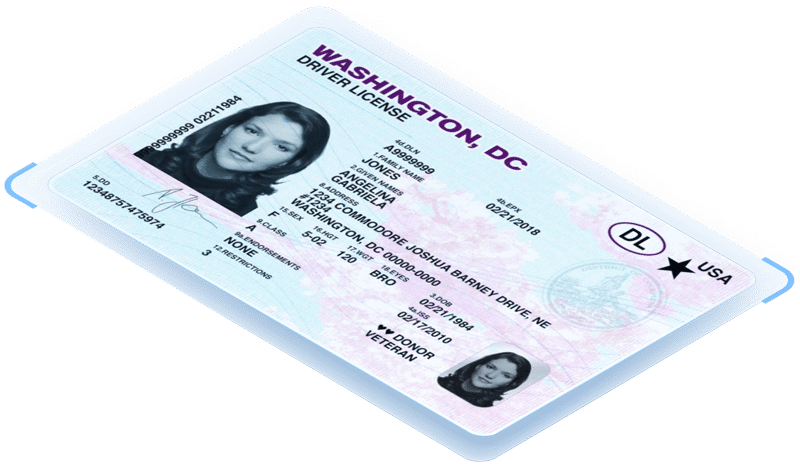In the European Union, the practice of hotels scanning guests’ identification documents such as passports, driver’s licenses, or ID cards during check-in is commonplace. While this process aids in verifying identities and streamlining operations, it also raises significant concerns regarding data privacy and compliance with regulations like the General Data Protection Regulation (GDPR). Moreover, the forthcoming eIDAS 2.0 regulation introduces a new paradigm with the European Digital Identity Wallet (EUDI Wallet), poised to transform how personal data is handled in the hospitality sector.
Understanding the legal landscape of the GDPR
The GDPR, effective since May 2018, mandates stringent guidelines on how personal data should be collected, processed, and stored. For hotels, this means:
- Lawful basis for data processing: Hotels must have a legitimate reason for collecting personal data, such as fulfilling a contract (e.g., room reservation) or complying with legal obligations (e.g., reporting to local authorities).
- Data minimization: Only data necessary for the specified purpose should be collected. Scanning entire ID documents may capture more information than required, potentially breaching this principle.
- Transparency and consent: Guests should be informed about what data is collected, why it’s collected, how it will be used, and how long it will be retained. Explicit consent is required for processing sensitive data or for purposes beyond the original intent.
- Data subject rights: Guests have rights to access their data, request corrections, object to processing, and request deletion under certain circumstances.
Non-compliance of GDPR regulations can result in substantial fines and reputational damage.
National regulations for ID scanning
While GDPR provides a unified framework, individual EU member states may have specific laws affecting hotel operations, including newly released laws in Spain:
- Spain: Hotels, including home rentals and campsites, are required to collect and submit guest information to law enforcement within 24 hours.
- France: Hotels must retain guest registration forms for six months and make them available to police upon request.
- Germany: While ID verification is mandatory, copying ID documents is generally discouraged unless explicitly required.
These variations demand that hotels stay informed about local legal obligations in addition to GDPR compliance.
How does the new eIDAS 2.0 and the EUDI wallet impact hotels?
The European Union is advancing towards a more secure and streamlined digital identity framework through the eIDAS 2.0 regulation, introducing the European Digital Identity Wallet (EUDI Wallet). Set to be adopted by 2026, this initiative aims to:
- Allow citizens to store and manage personal credentials securely, sharing only necessary information.
- Reduce reliance on physical documents, minimizing risks of loss or theft.
- Streamline processes and make check-ins more efficient for both guests and hotel operators.
For hotels, integrating with the EUDI Wallet means adapting systems to accept digital identities, ensuring continued compliance with GDPR and local regulations, and enhancing guest experiences.
Implementing ID scanning for digital IDs
If your business is looking to verify and accept digital IDs in person, there are multiple solutions available to help. VeriScan allows businesses to quickly and securely verify ID, whether customers have physical or digital IDs.
VeriScan for iOS allows businesses to verify digital IDs directly from an iPhone, with no additional hardware needed, using NFC technology.
The Tap2ID Mobile ID Reader, paired with VeriScan software, allows businesses to verify mDLs from all live US states, as well as applicable international IDs, including those in Apple Wallet or Google Wallet, using either the NFC or QR code capabilities.
Digital driver’s licenses represent a significant leap forward in digital identity verification, offering a more secure and efficient way to validate customers’ identities. However, until universal standards are set, businesses may need to rely on in-person verification tools and wait for the digital verification systems to catch up. The future of digital ID acceptance is on the horizon, and businesses will need to stay informed to be ready when the digital solution becomes available.
Conclusion
As the EU tightens regulations around personal data and moves towards digital identities, hotels must proactively adapt to ensure compliance and maintain guest trust. By understanding the legal requirements, embracing technological advancements, and implementing robust data protection practices, the hospitality industry can navigate these changes effectively, offering secure and seamless experiences for guests.





